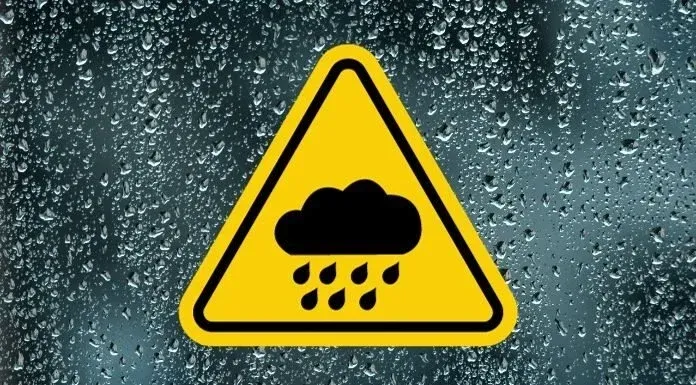DUBLIN — Ireland has welcomed the first group of Palestinian students from Gaza as part of a new initiative by the Irish government to provide educational opportunities to those affected by the ongoing conflict. This move has been likened to Ireland’s reception of Afghan refugees after the Taliban takeover.
The first group consists of 26 students out of a total of 52, with the remaining students expected to arrive in the coming days. The students traveled from various parts of Gaza, with their journey including stops in Amman, Jordan, and Istanbul, Turkey.
The process was complex and sensitive, requiring permissions from Israeli authorities to exit Gaza and travel through Israel. Students were only allowed to bring a small soft handbag, personal documents, medicine, a mobile phone, and a charger. Items like gold, laptops, and other electronic devices were not permitted. The students were reportedly notified of the Israeli authorities’ travel clearance via a message on their phones on Tuesday.
Upon arrival at Dublin Airport, the students underwent medical screening and met with representatives from various Irish universities.
According to a spokesperson, the Department of Foreign Affairs, the Department of Higher Education, and several Irish universities had been working for months to facilitate the students’ departure from Gaza. The successful arrival is the result of a collaborative effort involving institutions like SETU, TCD, UCD, UL, Mary Immaculate College in Limerick, Galway and Maynooth Universities, ATU, RCSI, TU Dublin, and DCU.
Higher Education Minister Simon Harris stated that his department has been able to bring over 200 people from Gaza to Ireland so far. He described the initiative as a “practical step to show solidarity with Palestine” and confirmed that all necessary facilities, including medical care, would be provided to the students.
The initiative has drawn comparisons to the Afghan refugee program, which initially brought in fewer than 100 people in 2021. However, the number of Afghans who have since arrived in Ireland is believed to be around 5,000, with an estimated 2,000 officially registered. A significant portion of these refugees reportedly live at the expense of taxpayers, with the government covering their rent.







